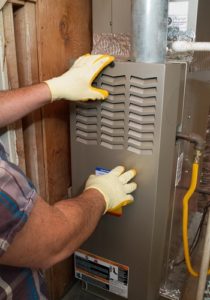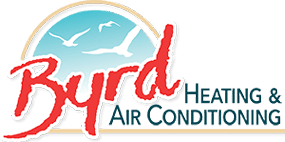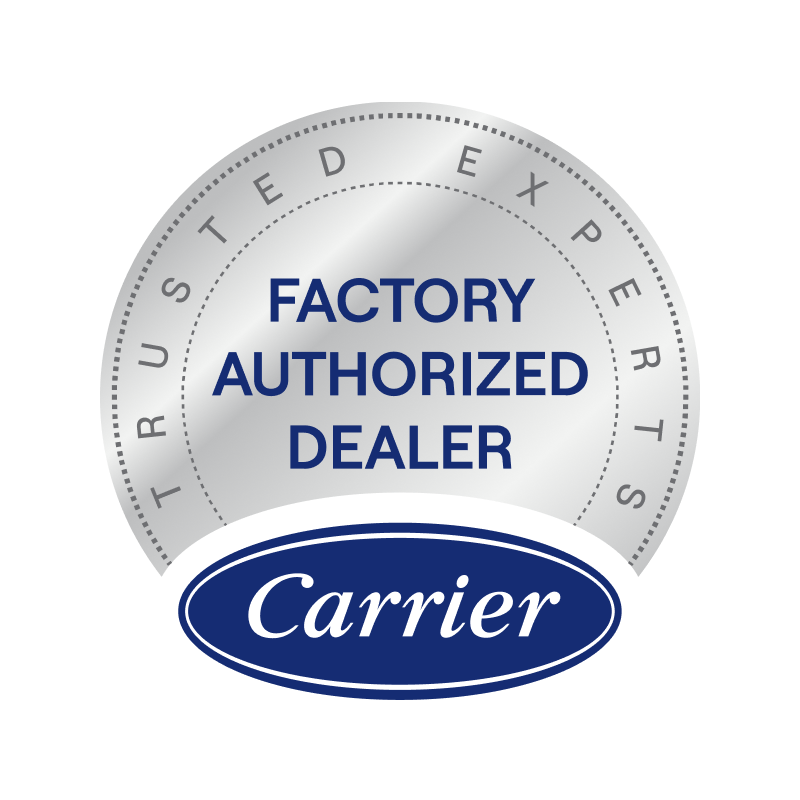 Furnaces are machines, and like all machines, they break down and sooner or later need to be replaced. If you are facing the question of furnace replacement or repair, or you’re doing your homework for a new install, it’s important to understand and weigh your options wisely, because this decision will impact home comfort and your energy budget for many years.
Furnaces are machines, and like all machines, they break down and sooner or later need to be replaced. If you are facing the question of furnace replacement or repair, or you’re doing your homework for a new install, it’s important to understand and weigh your options wisely, because this decision will impact home comfort and your energy budget for many years.
Efficient Furnace Operation
A well-operating furnace system is important to home safety, comfort and low heating costs. With regular care and professional maintenance, furnaces are workhorses that provide dependable heating for an average of 15 to 25 years.
For many homeowners, however, the age or maintenance history may be unknown for existing furnaces at the time of occupancy. A furnace in good condition should fit all of these criteria:
- There are no visible signs of rust and corrosion.
- The heat exchanger is in good condition and shows no cracks or damage.
- The flame is a sharp blue, which is an indicator of clean and well-maintained components.
- Heating should be even through the entire household.
- Fuel consumption should be consistent to usage, regardless of fluctuating fuel costs that affect energy bill totals.
Trouble Indicators
Just as there are indicators for a well-running furnace system, there are signs that indicate inefficient and faulty operation. Gather your energy bills for review, and a pen and paper to begin marking your pros and cons regarding replacement and repair.
- Fuel consumption has increased even though heating habits have remained the same.
- The furnace is excessively noisy, such as humming, rattling, buzzing and squealing.
- The heat exchanger is cracked, which is a health and home safety hazard where deadly carbon monoxide may be mixing with household air.
- The furnace cycles on and off more frequently.
- You notice discharge of soot, dust, dirt and/or rust particles from the air supply outlets.
- The flame is yellow or orange.
- The furnace is blowing cold air.
Replace: Better Now Than Later?
There are many factors to consider for furnace replacement or repair. The age of the furnace obviously is among the most important factors. So, if you do not know the furnace’s age, look for the manufacturer, model and serial number. Call the manufacturer to learn your model’s year. If the furnace is older than 15 years, it may be more cost-effective to replace than spend money down the road on potential repairs.
A furnace’s age is not the only criteria on which to base your decision. Call your HVAC contractor for a tune-up if you haven’t had one this year. Ask the technician to perform a fuel-efficiency analysis, which will determine your furnace’s AFUE (annual fuel utilization efficiency), a percentage that shows how much fuel the furnace converts into heat.
If your furnace is very old, AFUE may be as low as 65 percent. If the furnace is below 80 percent AFUE, it’s a good idea to upgrade to a new furnace. A new mid-efficiency furnace delivers around 80 percent AFUE, while a high-efficiency furnace delivers up to 98 percent AFUE – nearly 100 percent efficient. That’s more than 30 percent monthly savings on the heating bill compared to old inefficient models.
Moreover, if you are undertaking home-improvement projects, such as room additions and/or remodeling attic or basement space, it’s often cost-effective to include a furnace upgrade in the construction financing and plans.
Repair: A Few Good Years Left?
The furnace replacement or repair question may best be answered in a cost analysis by your HVAC contractor. If your furnace has broken down, or is having performance issues, ask yourself these questions:
- Is the cost of repair more than half the cost of a replacement?
- Is the furnace less than 15 years old?
- Is it a reasonable repair, such as replacing a hot-surface igniter or contacts?
- Has the furnace performed well up to this point, as far as heating comfort and consistent fuel efficiency?
- Is the furnace rusted and corroded?
- How many years before the energy savings (fuel and electricity) of a new high-efficiency furnace replacement offsets the price differential of a mid-efficiency furnace or furnace repair?
- Are there other issues at hand that are not directly related to furnace functions but affect furnace performance, such as a faulty thermostat or leaky air ducts?
If you would like expert and honest assistance with the furnace replacement or repair question, or have any other HVAC issues on your plate, please contact us at Byrd Heating and Air Conditioning for the best service and answers.
Image Provided by Shutterstock.com

